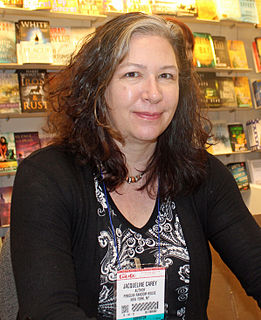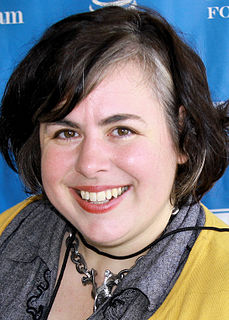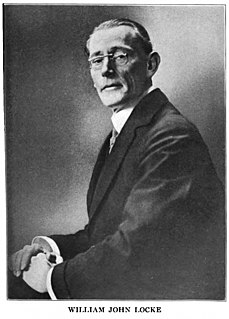A Quote by Carl Sagan
[Kepler] preferred the hard truth to his dearest illusions, and that is the heart of science.
Related Quotes
[Kepler] had to realize clearly that logical-mathematical theoretizing, no matter how lucid, could not guarantee truth by itself; that the most beautiful logical theory means nothing in natural science without comparison with the exactest experience. Without this philosophic attitude, his work would not have been possible.
All Science is necessarily prophetic, so truly so, that the power of prophecy is the test, the infallible criterion, by which any presumed Science is ascertained to be actually & verily science. The Ptolemaic Astronomy was barely able to prognosticate a lunar eclipse; with Kepler and Newton came Science and Prophecy.
There are two kinds of truth; the truth that lights the way and the truth that warms the heart. The first of these is science, and the second is art. Without art science would be as useless as a pair of high forceps in the hands of a plumber. Without science art would become a crude mess of folklore and emotional quackery.
You know, they say that there is a part
of the human chest that it you strike it hard enough,
it makes the person’s heart explode. This sounds like
such a lie that I have to believe it’s the truth. If I were
science, I’d never tell anyone where this place is.
If I were science, I’d have named this place after you.
Often while reading a book one feels that the author wouold heave preferred to paint rather than to wirte; one can sense the pleasure he derives from describing a landscape or a person, as if he were painting what he is saying, because deep in his heart he would have preferred to use brushes and colors.
Science is rooted in the will to truth. With the will to truth it stands or falls. Lower the standard even slightly and science becomes diseased at the core. Not only science, but man. The will to truth, pure and unadulterated, is among the essential conditions of his existence; if the standard is compromised he easily becomes a kind of tragic caricature of himself.



































